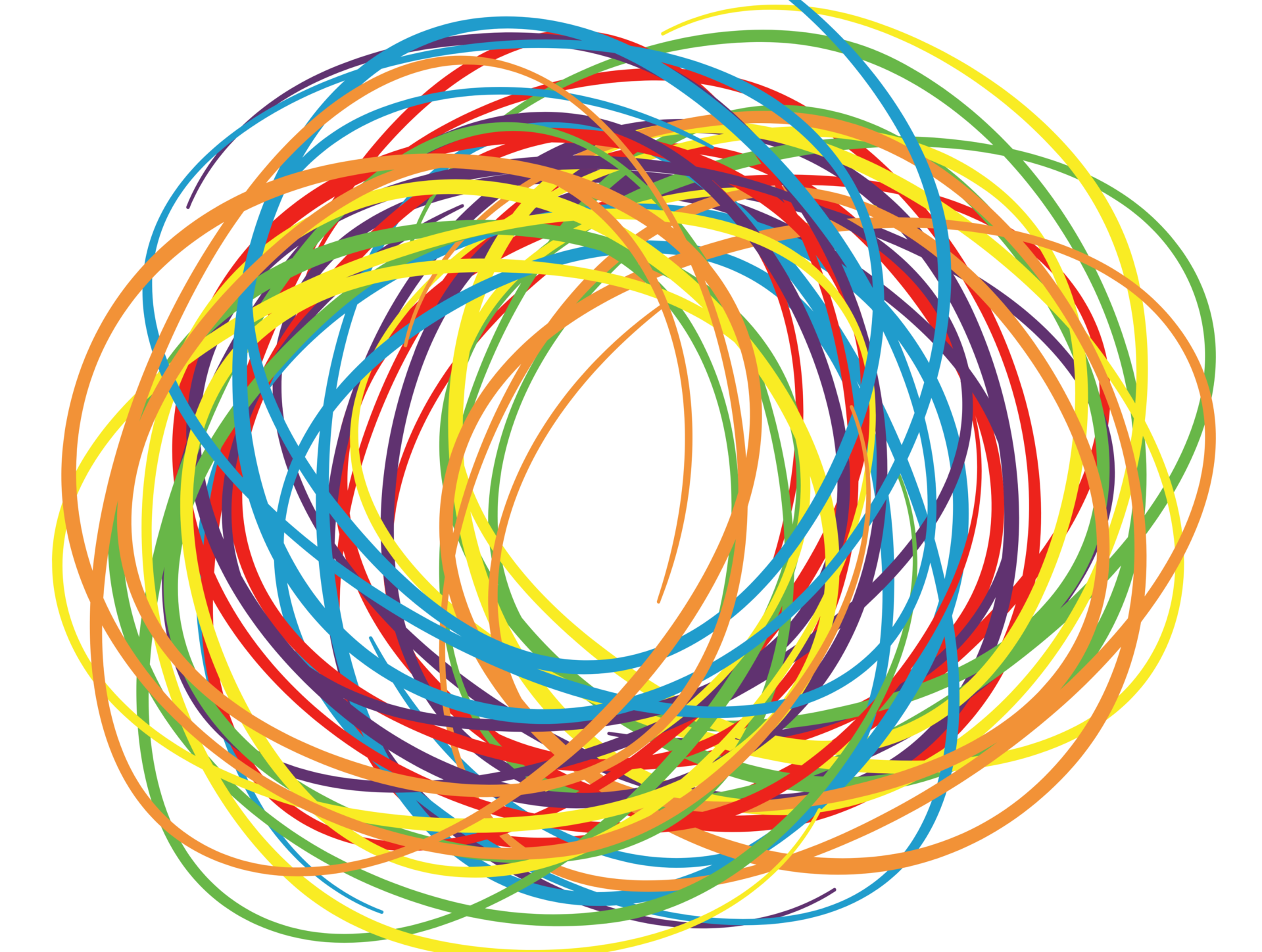What makes an expert?
For years I’ve added a disclaimer to any presentation I’ve given on G2e topics. I state that I am most certainly not an expert, at best I’m a black box warning, and that there are many others out in the world with stronger qualifications than I. I’ve gotten a little pushback from some who have those stronger qualifications, that I am an expert in what I know and have experienced, and so that’s now a qualifier to my disclaimer.
But does that make me an expert? An expert in what?
If you spend longer than a couple seconds on social media you’ll see grown adults screaming at each other through their computer screens about any topic under the sun (including, I’m sure, whether or not the sun is above or below us). Everyone has opinions and more than a few believe that their opinions make them experts. Add in echo chambers and confirmation bias and suddenly everyone is an expert on something. Exhibit A: anything to do with Covid, masks, vaccinations, and public health. Exhibit B: opinions on public school because people were once students.
This worries me. I don’t believe the epidemiological opinions of some random internet dude (which is a gender neutral term, BTW) are even remotely on par with the experts who’ve spent decades in the field. When it comes to my health and that of my family, you bet your ass I’m going to listen to those who have been studying and researching and writing about it for longer than a hot minute. I also put a lot more credence into what teachers say education needs because they’re the ones in the educational trenches and are almost always the scapegoats.
And yet? Where does that put me? According to my college transcript I had instruction in exceptionalities in education, though to be honest I must have blinked or run to the bathroom during that flash-bang of a unit because I don’t remember a whit of it. I don’t have multiple letters behind my name, indicating extensive study in gifted education or research. I don’t have long experience as a teacher in a gifted classroom, nor am I a psychologist, counselor, or social worker. Where do I fall?
I am a parent.
A couple weeks ago a preprint of a research study of the gifted education Twitter community was released. The abstract states:
Twitter is a valuable resource for research because of its potential to provide insight into public opinions as well as identify whom are the most influential sources of information. However, false information spreads easily on Twitter and parents often trust online sources even when those ideas run counter to the information from professionals (Külhaş Çelik et al., 2019). Convergent mixed methods exploratory analysis was used to evaluate the discourse on Twitter regarding gifted education. The results of the quantitative analysis of the matrix of connections using NodeXL Pro indicate that gifted education Twitter is a cohesive network and that the top influencers are organizations and educational consultants. The qualitative analyses suggest that gifted education professionals and parents engage in Twitter in similar ways to what has been described in past research: to share interesting articles and videos, to discuss current issues, promote one’s ideas, and seek opportunities.
Miller, E. M., Jolly, J., Latz, J., & Listman, K. (2021, July 31). Influencers and Major Themes in a Gifted Education Community of Practice on Twitter. https://doi.org/10.35542/osf.io/czhj8
It’s an interesting study and I encourage you to read it. Yes, it’s full of research jargon and enough citations to make your eyes cross, but consider it strength training for your brain. The takeaway I got from it is that there are a lot of influencers in gifted Twitter and most of them are not researchers. I’m quoted in there and I recognize more than one person behind the pseudonyms. Gifted Twitter World is small, yo.
So again I ask. What makes an expert? Perspective matters. Researchers are experts in their particular areas of study and interest (gifted population as a whole). Educators are experts in generality (a certain age range of kids and/or subject). Parents are experts in detail (this particular kid through his/her entire life). So whose expertise is more valuable, more respected? Ironically, my quoted tweet could also be applied to this research study as a whole:
School MUST start by truly listening to parents & their concerns. I lost track of the number of times I was patronized and ignored, simply because they were the “experts” & I was simply the “parent.” #gtchat (Merrill, 2020)
I have no answers. As I have long stated I am not an expert. I am, for lack of a better description, a parent who was thrown into the G2e deep end with the birth of my first son and started blogging 15 years ago to not feel so alone. If I am an expert at anything, it is listening to and trusting parents. My only agenda is to support parents and encourage them to take care of themselves, because no one else will and they’re the ones doing the heavy lifting. I guess that’s unusual enough to be noteworthy, which is an entirely different post.
My final thought on all this is to trust the experts and believe the parents. Also believe the experts and trust the parents. And to use all your critical thinking skills when reading anything on the internet.
~~~~~~~~~~~~~~~~~~~~~~~~
This is the next in my “whenever-I-remember” series, The ABCs of G2e. Posts on various aspects of gifted and twice-exceptional lives and learning. Why G2e? Because I’m lazy and writing out gifted and twice-exceptional a bazillion times makes me a little nuts…and it just flows better.


